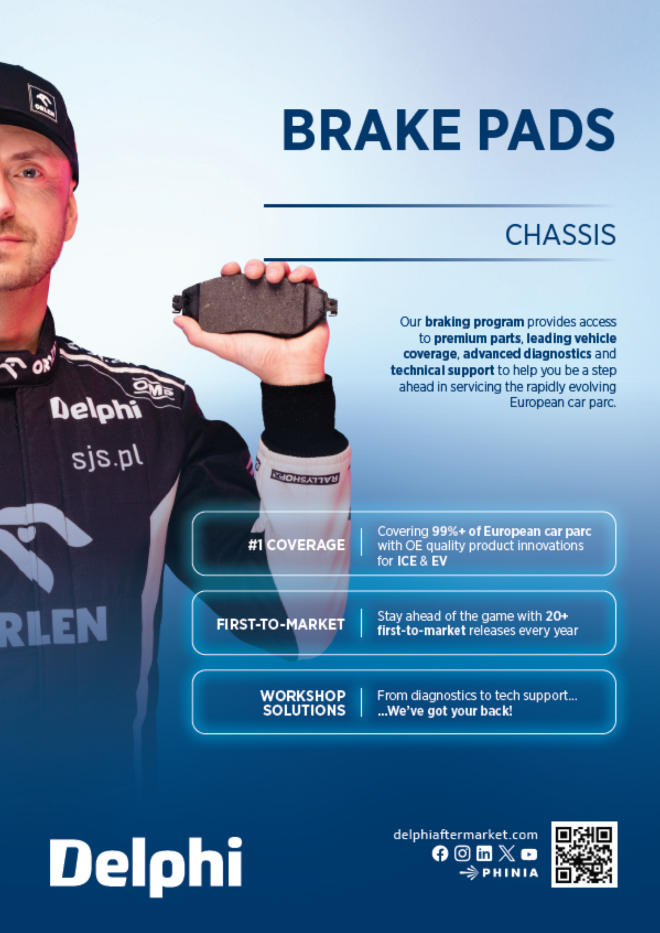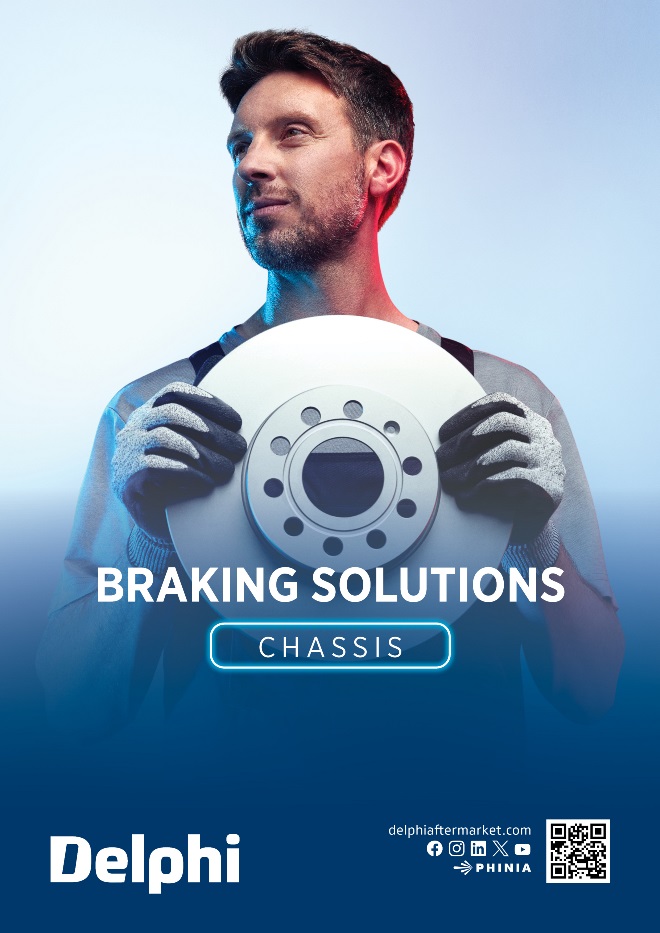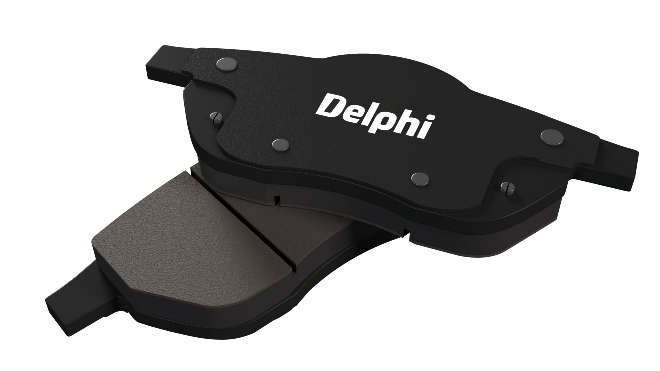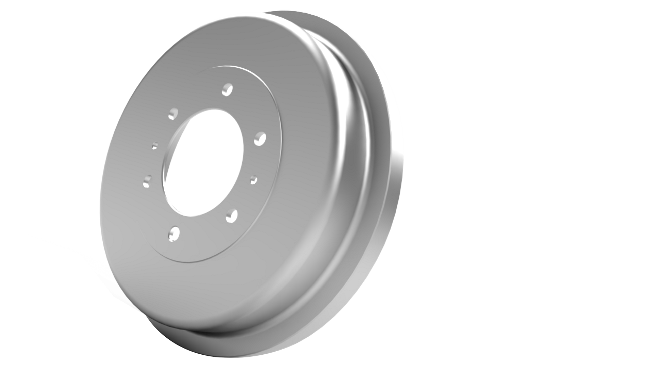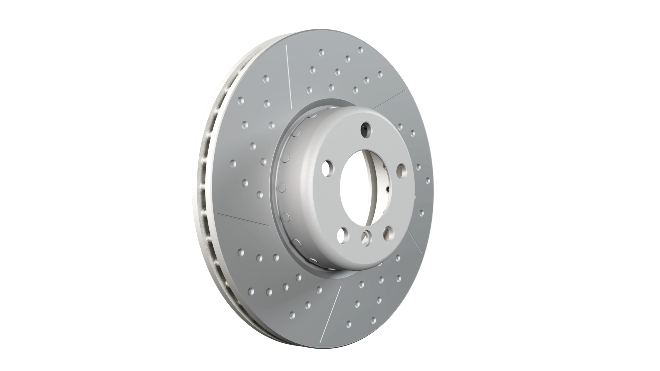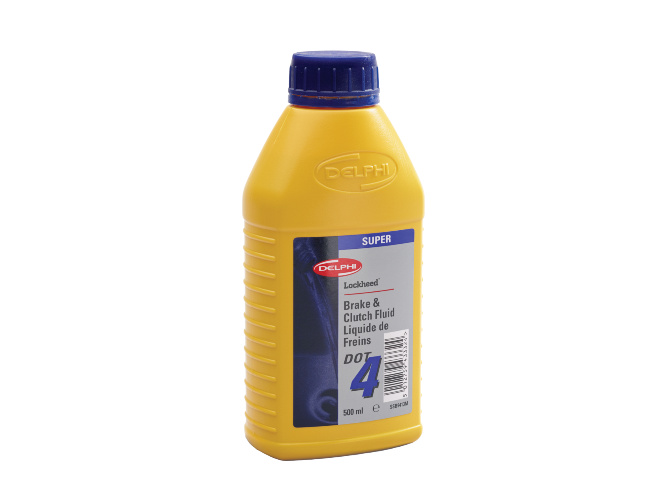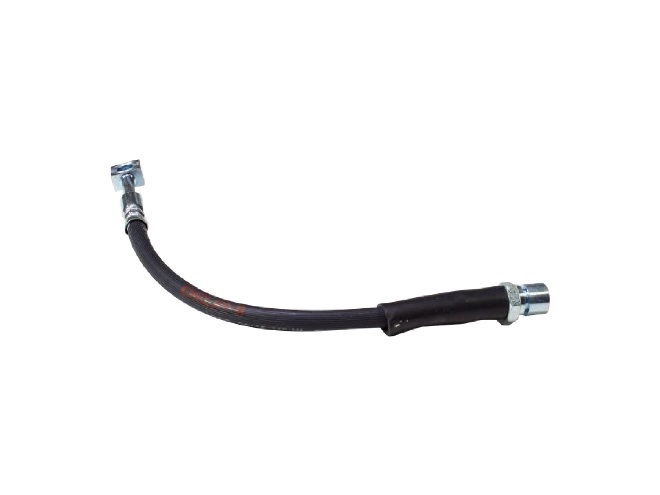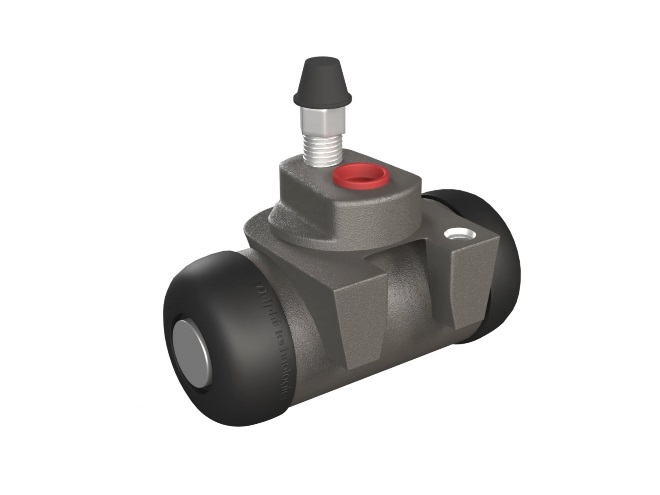Brake Discs
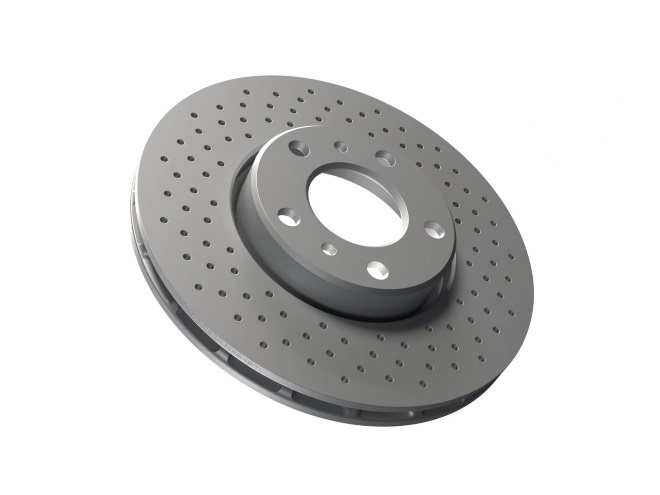
- Product Information
- Product Resources
- Enquire
- Related Products
ECE R90 certified brake discs
It should come as no surprise that our brake discs for new vehicles launched post 1 st November 2016 are R90 certified, alongside a range for popular older applications. After all, we’ve been meeting these quality standards for many years. The only difference today: our discs now undergo official ECE R90 testing schedules including performance, dynamic friction comparison, high load integrity and thermal fatigue analysis to certify that they perform to a prescribed tolerance of the OE part.
Learn more about Delphi’s R90 certified brake discs and why it matters.

Fully coated brake discs
Thanks to a special zinc-flake, silver Geomet coating, our coated brake discs offer greater and longer-lasting corrosion protection compared with many oil-dipped or partially painted and coated equivalents, whilst also being more cosmetically appealing. And because they have no oil to clean off, they save valuable labour and service time. All this makes for a better protected disc that’s easier to install, easier to dismount as well as being easy on the eye too.
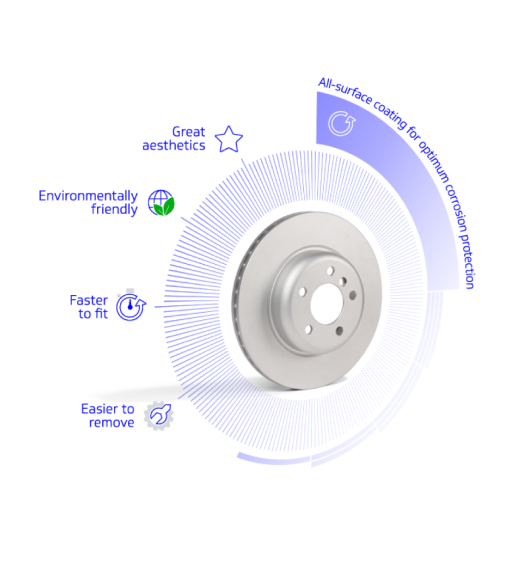
High-carbon brake discs
The added carbon content in our high-carbon discs helps to both reduce the risk of thermal cracking under high-temperature loads, and allows the discs to operate at a cooler temperature, for a more consistent braking performance. It also increases their resistance to distortion or warping for added durability, while delivering noise and judder free braking.
Cross-drilled brake discs
As well as looking cool from behind your wheels, our cross-drilled discs will keep your brakes feeling the same way – cool. The cross-drilled holes dissipate heat, brake dust and gases, helping to keep the pad surface cool and clean and reducing the risk of thermal distortion and warping. These same holes also prevent a film of water forming during wet conditions for improved braked response.
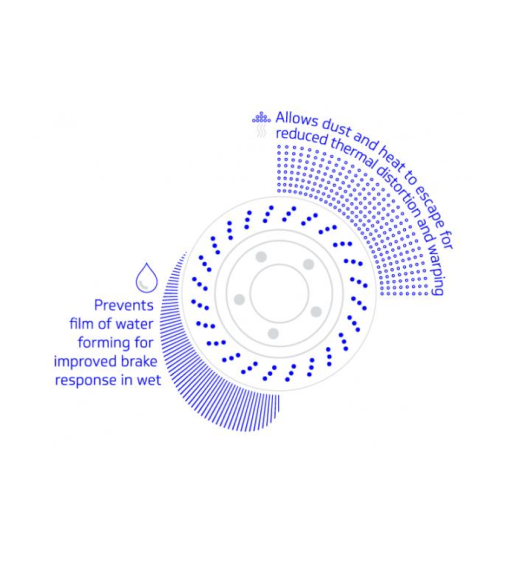
Vented brake discs
Our vented discs feature special internal cooling passages to maximise airflow. By continually moving air across the disc’s surface or through the disc itself, they allow more heat to be dissipated, improving both cooling capacity and resistance to cracking from thermal shock.
Brake discs with bearings
To avoid damage to the bearing during removal, and ensure the correct pressing in into the new, we offer a range of discs with these safety critical components already pre-mounted. They also include both toothed and magnetic ABS sensor rings, as per the OE, and the relevant fixing accessories. All for quick and accurate installation.
One-piece cast iron brake discs
Our one-piece cast iron discs offer an aftermarket alternative to BMW’s patented two-piece bi-metallic composite disc. Engineered from a single piece of cast iron, they deliver the same standards of consistency, longevity and braking performance as the two-piece disc, but at a fraction of the price. And to top it off, they come with fixing screws for quicker and easier fitting.
The Delphi Difference
-
100 years of OE experience, supplier to the world’s top automakers
-
OE heritage and knowledge built into every aftermarket part
-
Comprehensive portfolio for a wide range of vehicles and model years
-
Streamlined SKUs for easy inventory management
-
Support through tools, tips and training

Related product resources and downloads
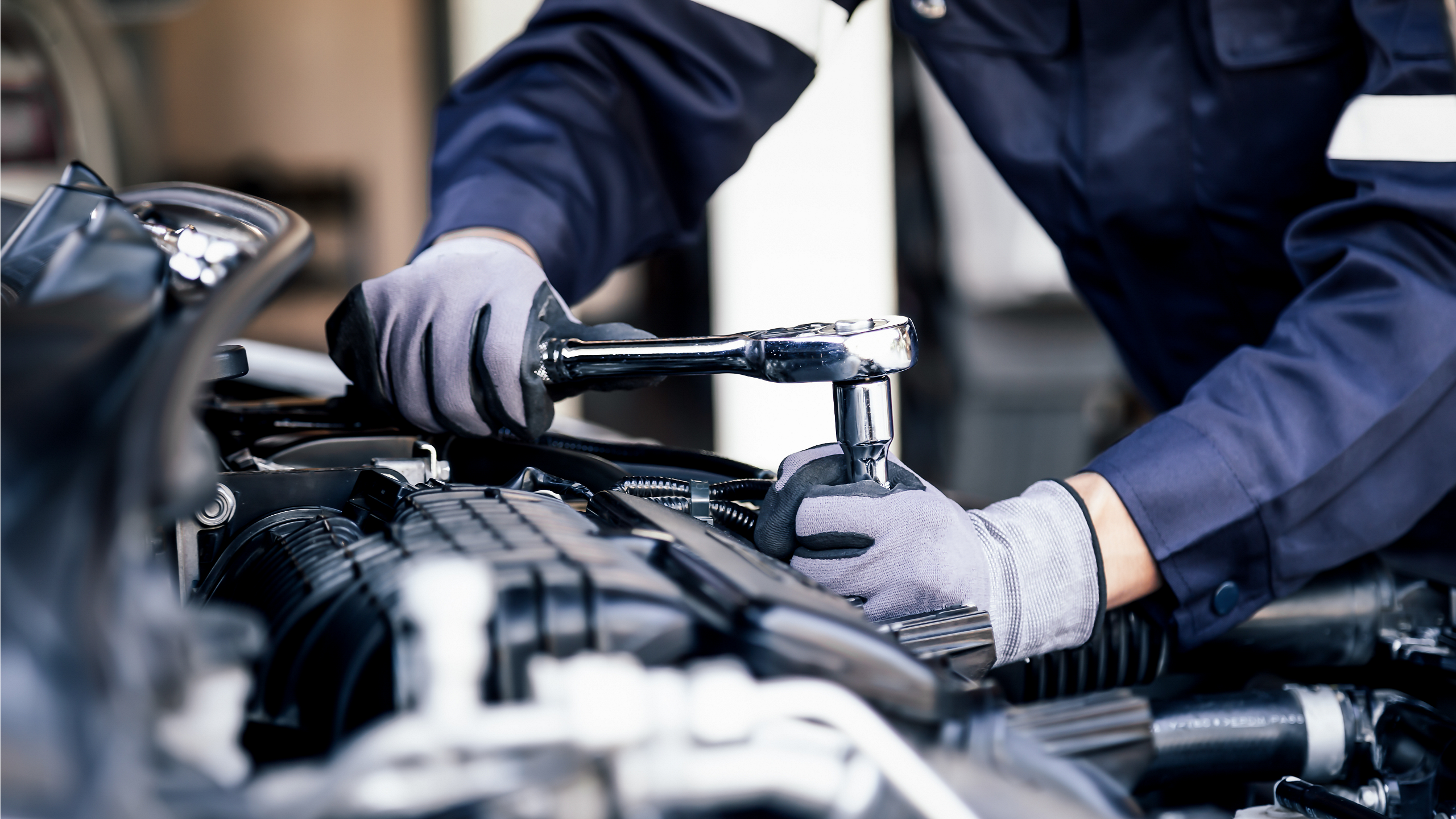
Resource Highlights
Owners of high-performance vehicles expect equally impressive braking performance. But as horsepower and torque increases, and with it the potential for higher speeds, so too do the demands on the braking system. To ensure our pads are up to this challenge, we recently put them through their paces against the OE and four other leading aftermarket brands on a VW Touareg II V6 TDI – a high-end vehicle equipped with the same platform as the Porsche Cayenne and Audi Q7. The results? Well they speak for themselves…. the Delphi pad excelled; delivering exceptional stopping power, control and brake fade stability, without compromising on noise or wear.
Stopping from higher speeds puts an exponentially increased demand on the braking system, generating significantly more heat. If not dealt with effectively, the heat can build-up, reducing the brakes effectiveness, and causing what is known as brake fade. To mirror these same challenging conditions under test, we turned up the heat, performing high speed emergency stops – 105 miles per hour (mph) to zero – at temperatures up to 400°C.
Not only did the vehicle equipped with our pads, stop quicker than all four aftermarket brands, it did so under control and with minimal brake fade, a sure sign that our pads can more than handle the additional heat associated with high speed braking. On the other hand, two competitors stopped slowly at 50°C, and got considerably slower the hotter they got.
At 400°C, for example, the vehicle fitted with Delphi brake pads stopped three metres ahead of the next placed aftermarket brand, 17 metres ahead of the second and an alarming 52 and 56 metres ahead of third and fourth – the later taking an extra 37 metres to stop at 400°C versus 50°C. This demonstrates a significant decline in fade performance, or in other words, the pad is not designed to work within these higher operating parameters.

Worse still, when the Delphi equipped vehicle had come to a halt, two brands would have still been travelling at speeds of nearly 55mph. Yes, you read it right – fifty-five miles per hour. Given a pedestrian would have almost no chance of surviving an impact at 50mph, the consequences of this do not bear thinking about.
Another important consideration when choosing a replacement pad is noise. After all, you’ll want to hear the powerful thrum of the engine – and not your brakes. The good news; on a dynamometer, our pad recorded a near-silent 9.0 on the noise index, where seven or below is audible and ten is silent, and above the 70db, again where brake noise can be heard, on only 2.3 percent of occasions, well below the OE in both tests. Proof that our noise fixes such as OE shims, chamfers and underlayer really do work.

Last but no means least, we also tested the pads for wear. After 2140 stops at different speeds and pressures, the Delphi pads on the front axle, where most of the braking is performed, wore 0.1mm less than the next closest aftermarket brand and 1mm less than the worst, with significantly less wear to the disc. On the rear, the results were equally strong, this time bettering the OE. Whilst on paper, these differences may seem small, when you factor in part and labour costs over the lifetime of the vehicle, they can soon add up.

So, the next time you’re replacing a pad on a high-performance vehicle, remember to choose a brand that has been engineered to fit it. One with proven stopping power, low noise, low wear, and of course, a high degree of fade performance. Just like Delphi. Learn more about what goes into every one of our brake pads

Visit our Technician Library for access to Documents and Downloads
Get in touch
The full Delphi product range
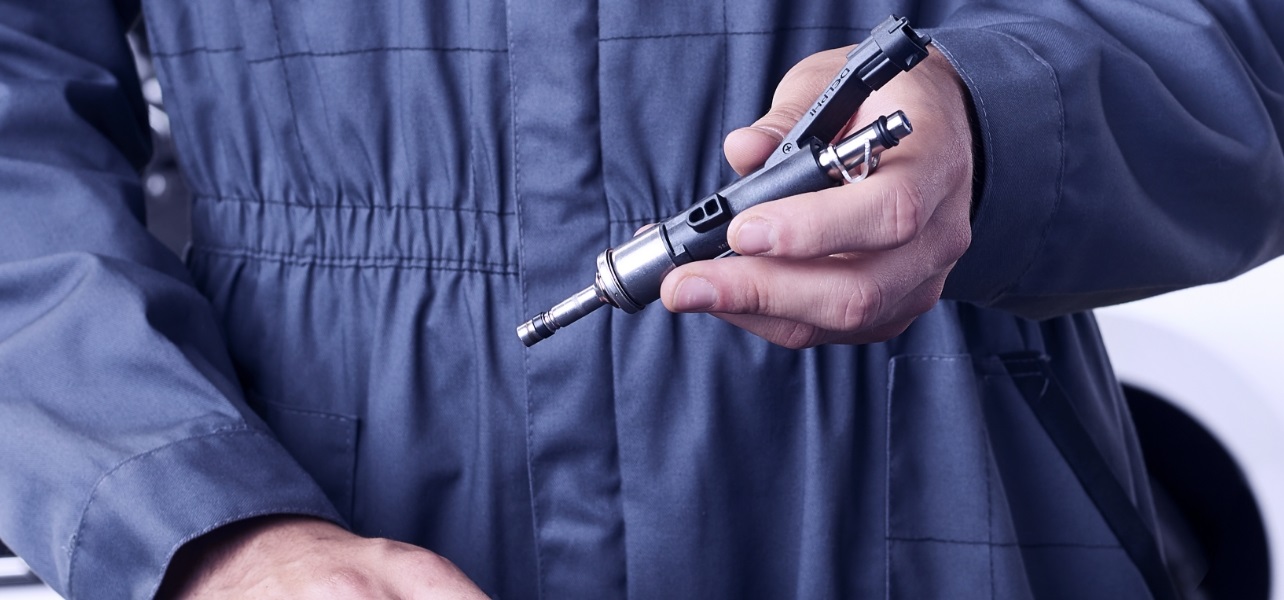
Find out where to buy Delphi parts

